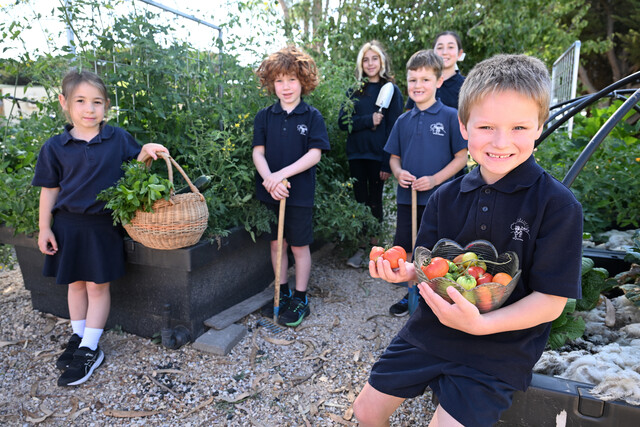Hume council is reminding residents to practice safety in the water, following the release of data which found that drowning deaths in waterways increased by 20 per cent across Australia from July 1, 2020, to June 30. 2021.
The Royal Life Saving National Drowning Report indicated that a total of 294 people died from drowning in the 12 month period.
Fatalities in rivers and creeks accounted for 26 per cent of drownings, followed by beaches (22 per cent) and oceans and harbours (15 per cent).
The majority of these incidents (36 per cent) occurred in metropolitan areas.
Hume council corporate services director Daryl Whitfort urged residents to make sure they’re confident in the water before taking the plunge.
“Hume leisure centres are fantastic, controlled environments to become water safe in. Our aquatic facilities are always supervised by qualified lifeguards and our staff continuously educate all patrons in water safety,” Mr Whitford said.
“People of all ages can take swimming lessons to learn or refresh vital water safety and swimming skills in a supervised environment.”
Hume council offers a range of programs to assist adults and teenagers feel safe in the water.
The Hume Swim School, which launched earlier this year, is primarily focused on delivering water safety education.
The Hume Active Swimming Program is a water familiarisation program designed for adults with little experience in swimming.
“Swimmers must understand and respect the water they are entering and know their limits – beaches and rivers can have strong currents and changing conditions and depths so it’s important not to assume the water will be the same as the last time,” Mr Whitford said.
The Royal Life Saving data found men aged 18 to 34 to be the age group most at-risk of drowning.
Royal Life Saving chief executive Justin Scarr said 33 per cent of men in this age bracket had alcohol in their system at the time they drowned.
“We know that drinking alcohol around water can be lethal and that it is a key risk factor for young men in particular,” Mr Scarr said.
“We’re asking young men to make the right call and to look out for themselves and their mates and to plan ahead: avoid alcohol when you’re around water; wear a lifejacket if you are boating or fishing and never go alone.”

















